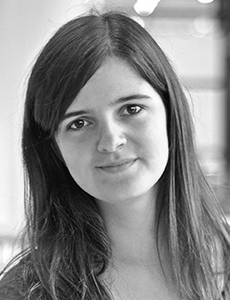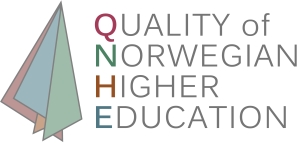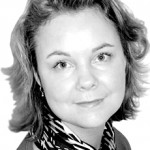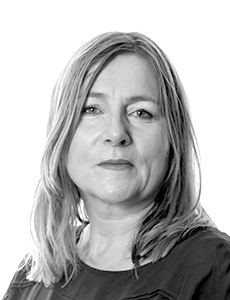
Rachelle Esterhazy has been one of the PhD students in the project and she is now scheduled to publicly defend her thesis on 21st of June at 12.15. The defence will take place at the University of Oslo campus, Helga Engs hus, Auditorium 3.
Rachelle has been supervised by Monika Nerland and Crina Damsa who were both a part of the project, and were working on Part C of the project.
Her thesis is titled “Productive feedback practices in higher education. Investigating social and epistemic relations in two undergraduate courses“.
Her trial lecture will be held on Friday 21st of June at 10.15 – 11.00 on the topic “Feedback to meet 21st century student learning needs: Problems and potential practices to prepare university students for an uncertain future.”
The defense is public for all interested people.




